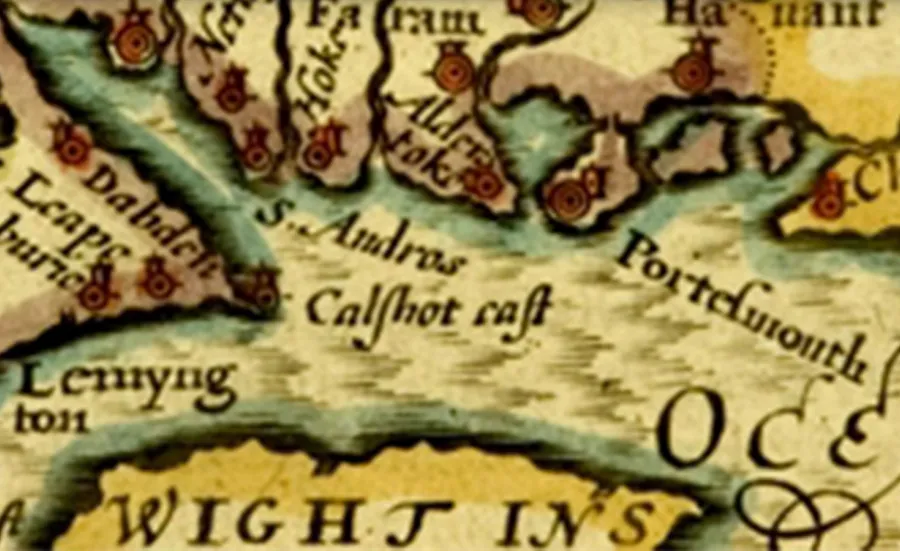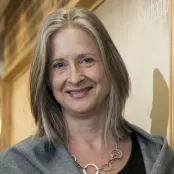Research centre
Centre for Medieval and Renaissance Culture (CMRC)

We are a vibrant community of researchers composed of four departments of the School of Humanities (Archaeology, English, History and Music) who promote an interdisciplinary perspective on medieval and Renaissance studies.


